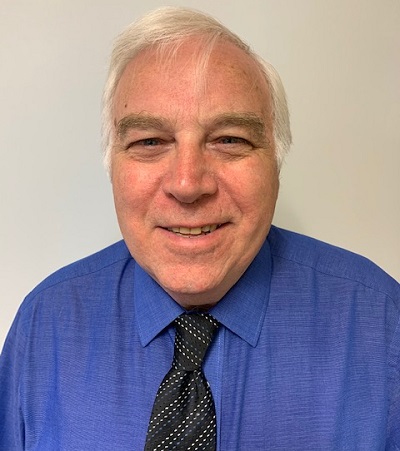Blog: Ex-Military? Why a career in health and safety is for you
Friday, 24 July 2020
Tom Duggan is the Managing Director and Senior Health & Safety Tutor at Woodward SHE Ltd, a Gold rated NEBOSH Learning Partner. Here, he outlines why former military service personnel are so well-suited to a career in health and safety.

How it all started
I founded Woodward SHE Ltd. in 1992 and we’ve been involved in resettlement training since the get-go, working with privates, brigadiers, and all those in between. We delivered the first NEBOSH National General Certificate resettlement course for Service Leavers at Catterick Garrison in March 1993. We still deliver courses at Catterick Garrison, but they are held “outside the wire” now.
In the early nineties, service leavers faced slim pickings when it came to the job market. They might be directed to the police or roles in administration, but that was more or less it. At Woodward, we recognised the potential of service leavers to succeed in health and safety.
This is why we started working with NEBOSH; to give ex-service personnel the best chance of securing jobs in health and safety, equipping them with the qualifications, knowledge, and expertise required to begin their new careers.
A parallel skillset
The skills required to succeed in the military transfer impressively to those required to succeed in health and safety…
A penchant for protection
In their work to safeguard workers, health and safety professionals take a proactive, preventative approach to injury, accidents, and equipment failure. This explains why many who leave the Armed Forces have the passion to succeed in this field – after all, the role is primarily about inspiring groups of people to take a disciplined approach to avoid dangerous, potentially life-threatening situations. The parallels aren’t difficult to spot.
A systematic approach to work
Good health and safety professionals have the discipline to see their decisions through and develop effective routines and habits. For military men and women, discipline and commitment come as standard.
Planning is also vital in health and safety, just like in the military. Getting it wrong can have huge consequences, it can even be the difference between life and death.
The ability to adapt
The old military adage, ‘no plan survives first contact’, is worth bearing in mind here. It means that those who have served in the Armed Forces have to be adaptable – their lives and the lives of others could depend on it.
A soldier who, on the battlefield, is able to analyse what’s going wrong and put it right, is clearly in good stead to apply this thinking, in the context of health and safety, in the workplace.
Class communication
Communication, in particular verbal, is a skill that the military refine in their recruits. From meetings to high-pressure and fast-paced situations, service personnel must be able to communicate effectively with their comrades.
This is a skill that organisations truly value in their health and safety professionals. Those that can make a plan, solve a problem and resolve a conflict, all while communicating with the wider workforce, contribute immensely to the success of an organsiation.
What was then is not now
Historically, employers have been reluctant to employ former service personnel. Why? Well, one of the main sticking points was employers saying, “they don’t have any qualifications we recognise”.
By training service personnel and helping them achieve a NEBOSH qualification, we’ve given employers a clear way of measuring their capability. We’ve challenged stereotypes and outdated mindsets; giving the people we work with a new-found status and confidence to go into the job market.
Job fairs put on with a focus on resettlement are now full of big companies, such as Rolls Royce and BA Systems, who recognise that ex-servicemen and women have a lot to offer.
A final word
I really would say if you’re out of the military, and weighing up your career options, it’s well worth considering health and safety. You might just surprise yourself.
This blog is part of our Do Something Great: Your Health and Safety Career series. Download your free career guide today.
